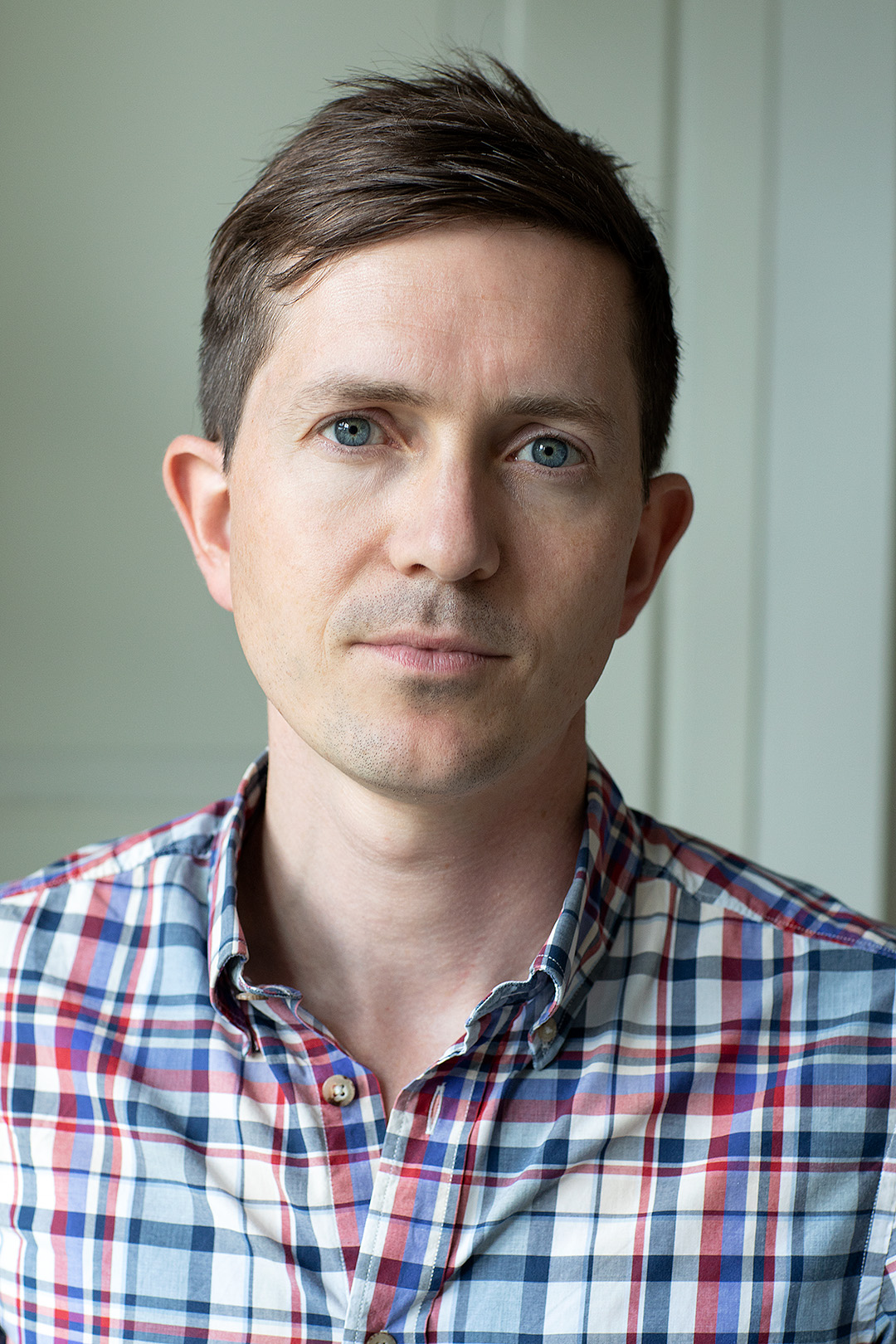
András Bíró: The task of civil society is to both cooperate with and control political power
News 20.10.2023
Throughout his 98 years, Hungarian Right Livelihood Laureate András Bíró has seen history unfold both in his home country and around the world. Often called the “patriarch of Hungarian civil society,” Bíró started several civil initiatives after the fall of the Communist regime. However, looking at the current civil landscape in Hungary and beyond, he sees a dire lack of autonomy and action.
As we sit in his Budapest apartment surrounded by artwork that tells a life story spanning the globe, Bíró mentions that he’s very “atypical”, which has defined much of his work.
“I am an international scoundrel who has lived all over the world and was not even born here [in Hungary],” he said. Indeed, he was born in 1925 in Bulgaria to Hungarian and Serbian parents, and that is where he spent most of his youth.
After living in Hungary during World War II and participating in the 1956 uprising against the Communist government, Bíró fled to France and worked as a journalist. He soon became the editor of UN publications, which took him around the world, including working on UN projects for several years in Latin America.
“Let’s be careful here: I wasn’t leading projects, I was just provoking people to change,” he said. “I take the role of provocateur in the noble sense of the word, of course.”
Once, after a visit to Hungary in the 1980s, he decided that if he were to ever return to his home country – which he had no intention to do at the time – he would work with the Roma minority, whom he saw as completely marginalised and misunderstood.
In 1990, Autonómia Alapítvány (Autonomy Foundation) was born. The idea was to give loans to projects conceived and led by Roma people.
“It wasn’t about loving the Roma and helping them – rather about helping them so they can help themselves,” Bíró said.
“I am not a big fan of ‘kindness’. If someone is starving, you should give them a piece of bread. But to reproduce poverty by perpetuating it because I give them change is not the answer to the question. It absolves my little conscience but doesn’t solve the problem.”
In the third year of its operation, the foundation had a loan repayment rate of 70 per cent and due to its success was working with a 1-million-dollar budget funded by donations.
It was for this achievement that Bíró and his foundation received the 1995 Right Livelihood Award.
“I was happy that an atypical initiative like that, which was initiated by me, was noticed, and that’s why I got the Award,” he noted.
Bíró soon went on to start other civil society initiatives such as a human rights organisation to protect minority rights, the Roma Radio station and establishing a journalism prize.
And yet, 30 years on, he sees large deficits when it comes to Hungarian civil society.
“Hungarian history has not given us the opportunity, or the Hungarian people have not been able to shape their history in such a way, that individual responsibility and solidarity, which is what civic consciousness means, could develop,” he said.
While there are several civil society organisations in Hungary, most are professionalised and employ experts. To illustrate this point, he likens civil society to fireflies.
“It is not necessary to have structured, elected leaders and hierarchies in NGOs. It is about action. There are times when the firefly is lit because there is action to be taken, but it doesn’t need to be lit all the time,” Bíró said.
“Civil society is a sea. It cannot be expressed exactly what it is. It is characterised by the fact that it is not in political power, its only task is to control political power, to cooperate with it, but also to control it.”
He goes on to muse: “Anyways, what is a non-profit? What is non-governmental? Why does it have to be defined in negative terms?”
Looking forward, especially in light of the looming climate crises, Bíró is not optimistic.
“I’m a little discouraged by humanity, I must tell you,” he said. “I wonder whether it’s because I’m old and near the end or because I’m realistic. I can’t decide.”
Bíró sees the notion of perpetual growth as the biggest danger to our survival.
“To put it simply, the 8 billion people alive today, if they don’t radically change their consumption habits in the short term, then that’s it: then there is no future for this species called man,” he said. “Climate change is perhaps the most significant [challenge], but we are facing a lot of global crises, and they are interlinked.”
These interlinked challenges require complex answers. However, those in power – whether in governments or the economy – do not like complex answers.
“They need easy answers and sure ones,” he said. “So, that is why I am disappointed.”
He adds: “I am very sorry, but that’s it.”









